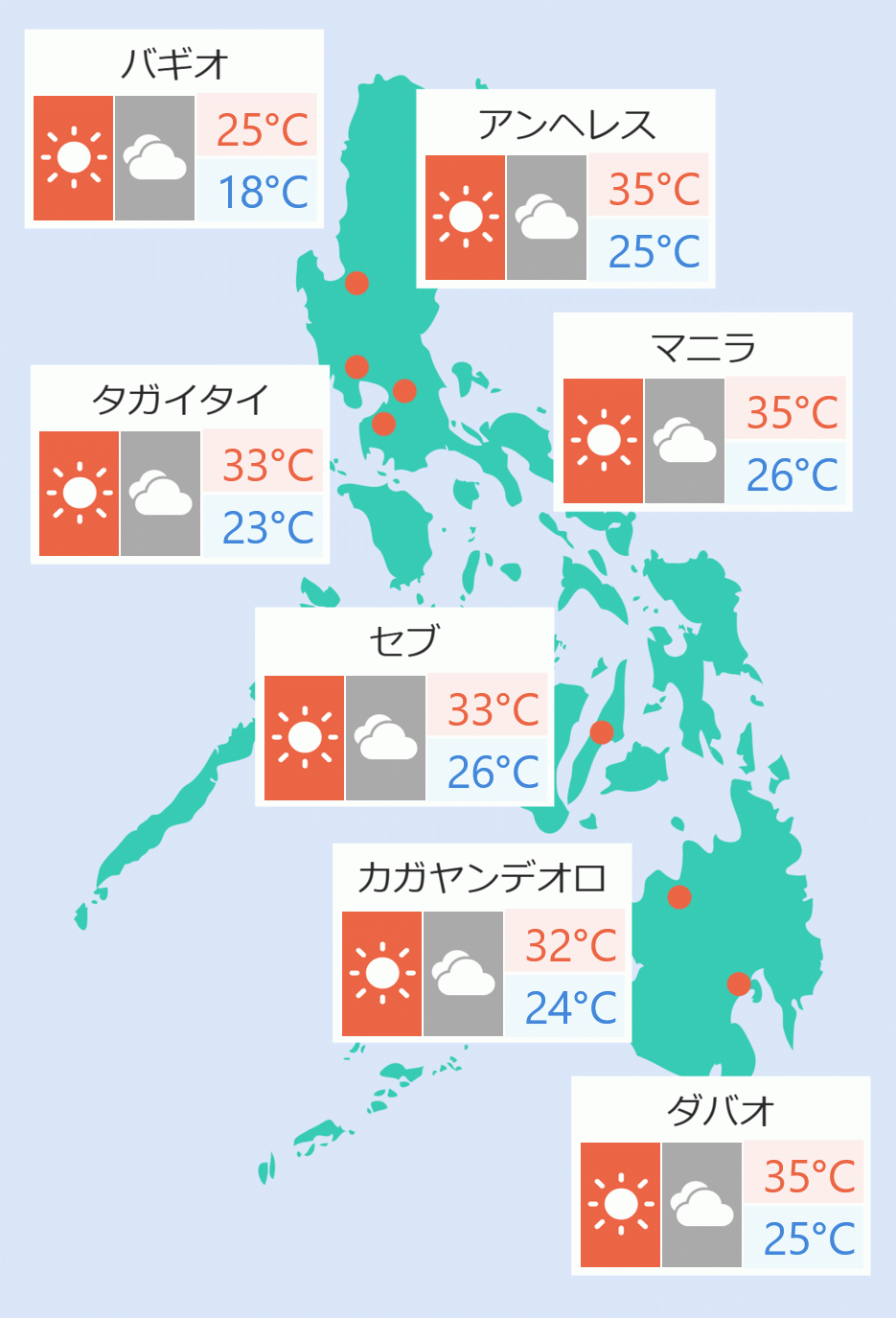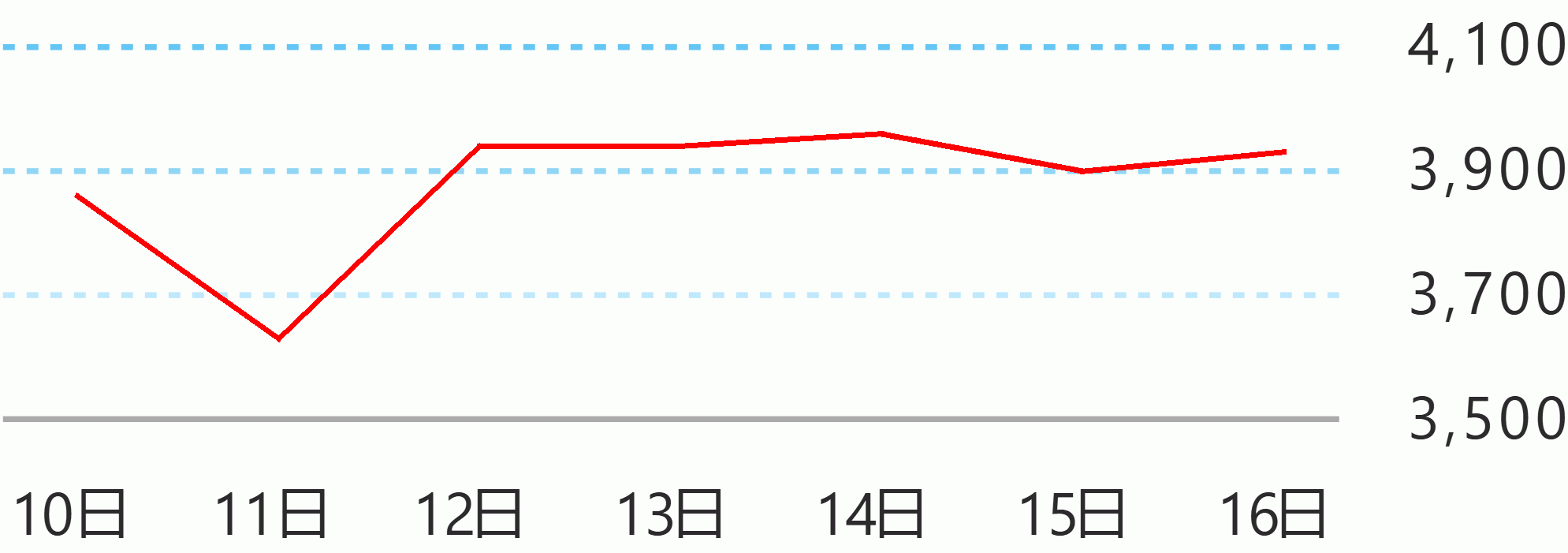President Ferdinand Marcos, Jr. has ordered the shortening of the trigger period for providing fuel subsidies from three months to one month to help the transport sector cope with the oil price hikes.
In a Malacanang press briefing, Energy Secretary Raphael Lotilla said Marcos called for the sectoral meeting with the Department of Transportation (DoTr), the Department of Trade and Industry (DTI), the National Economic and Development Authority (NEDA), the Department of Budget and Managemen(DBM), Department of Interior and Local Government (DILG), Department of Information and Communications Technology (DICT), and the Department of Agriculture (DA) to review measures in managing fuel prices.
“So, the highlights of the meeting resulted in the following: One, the President gave instructions on changing the language of the 2024 GAA (General Appropriations Act) provision on fuel subsidies for the transport sector to shorten the trigger period from three months to one month and simplify the requirements,” Lotilla told reporters.
“Whenever the Dubai price per barrel exceeds 80 dollars for three months, then that will be the trigger for the provision of subsidies to the transport sector drivers ? public utilities including tricycle and other public utilities. So, with this simplification or shortening of the period, we will be able to release the subsidies in a shorter period of time,” he said.
Concerning the simplification of the release of the requirements for fuel subsidies, Lotilla said the guidelines will have to be agreed on by the DBM, DOTr, and the DOE.
The guidelines will be released once the list of beneficiaries has been finalized by the DoTr for public transport with franchises, DILG for tricycle drivers, and the DTI for the delivery service riders.
Lotilla said the departments also agreed upon increasing the ethanol blend in gasoline from 10 to 20 percent since ethanol costs less than gasoline.
“So, right now, the price of gasoline without ethanol is around P56.89 then it will result in a price differential of around one peso and 28 centavos or up to even one peso and 50… depending on, of course, on the prices,” Lotilla said.
''The local ethanol price per liter is currently around P79.49 which is higher than the imported ethanol which is at P41.44. But local production of ethanol can only support 48 percent of the 10 percent blend ? and therefore, the utilization of the highest share of imported ethanol will result in lower pump prices because of the increased blend,” he said.
Lotilla said Marcos was also looking into the electrification of mass transport and light cargo vehicles.
Marcos said there should be charging stations and that it should benefit the transport sector since “from a fuel standpoint, the estimated difference between electric vehicles running per kilometer and those that are internal combustion engines using gas and diesel is quite significant”.
According to Lotilla, Marcos also wants to prepare the country to have factories for electric vehicles and he wants to link them to mining companies that will produce minerals for batteries and other parts of the vehicles.
He said they also considered increasing coco methyl ester or coco biodiesel from two to three percent.
“The other that the President and the Cabinet members considered was the increase in the coco methyl ester or the coco biodiesel blend from the current two percent to three percent, which can actually be accommodated by the supply of feedstock given that the total coconut production at this time is … the entire country is at 15 billion nuts. And for the additional one percent blend, we need only an additional of 2.6 billion nuts,” he said.
“So on the whole, the increase in the blend can also drive down the cost of coco methyl ester (CME) because there will be a bigger market for CME. So right now, we expect at least the diesel landed price, the pure diesel, to be at parity with the price of coco methyl ester per liter,” he added.
Oil companies on Tuesday announced that they will increase gasoline prices by up to 95 centavos per liter and diesel prices by up to P1.30 per liter.
This brings average gasoline prices to P67 a liter and diesel 66 a liter.
The DOE said that as of October 10, the year-to-date net increase was P11.35 per liter for diesel and P12.25 per liter for gasoline. Jaspearl Tan/DMS




 English
English











